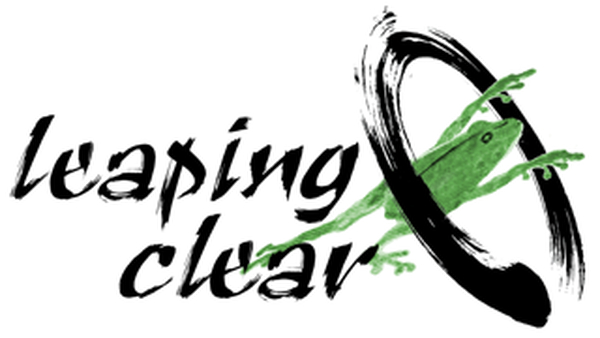Linda Parsons
The Motherhouse Road
Sisters of Loretto Motherhouse, Kentucky
We are called by those who save us,
though I am unsure of the way—snaking
the ridgetops of Jellico, 75N blasted through
black rock, widening to Kentucky farmland.
I have been long on this path—twisty country,
shifting lifelines, maps unreadable hieroglyphs.
I turn right on The Motherhouse Road,
a holy retreat in these unlikely hills:
women close the circle—one voice,
many griefs. Quince aches toward spring,
guardians near the cemetery open my third eye.
I seek the rusty hinge, the aging nuns of Loretto
with peace in their hands, even divination
from the unsaved on the interstate. Even
my mother, who remembers nothing bad
or fractured, beatific in the nursing home bed.
I turn toward her, our distance less astray.
I have driven what feels like forever
to arrive, though I did not know the way.
House Spirit
So often I find him there, corner near
the sideboard, farthest from the sunny
west window. My Shetland herder
notes my comings and goings lest I stray
from sight. Two clairvoyants say a man
stands there, a man who loves this house
and my caretaking, a kindly spirit, dark
skinned, native upon this land before neighborhood,
before brick, shaped and fired for foundation,
before timber, raised to frame my bungalow,
springs like freshets, cress a sweet cushion
on the bank. Don’t fear him, they say,
stand in the corner when you’re low or tired,
breathe the energies of old—soft deer nosing
undisturbed earth, neck and arms shawled
in woodsmoke, games of stickball, called
little brother of war by the Cherokee.
The sheepdog circles in time, darkened
and cool, time neither hurried or slow—
it just is, one dimension slightly veiled,
other lives among us seeping through.
Broken, Not Shattered
To everything its season—bloom time,
decline, deadhead or prickly crown
for the goldfinch. This pot split
in my hands as I plant
the coleus,
one too many winter freezes, more
bowl than pot, joined by fine-
rooted umbilicus. I nudge
a welk bleached gray
under one
half, embossed with moss, twigs, leaves
the potter found on walks to
White Top before firing—
snatches of southwest
Virginia.
My semblance of wholeness she’d toss
on the reject pile, like the potter
herself—broken, not
shattered, hands
a sieve,
hours she poured into vessels, nowhere
else for grief but clay pounded
from that stilled moment—
night, river, train,
her girl’s
foolish jump off the trestle that no one
could’ve stopped, no mother’s
hands could smooth but
in beads dripped
lip to neck
to base of pot or bowl imprinted—
a bloom tossed, a season spent,
no difference between
my hands and hers,
broken,
not shattered, our leap from loss
to silvery glaze.
Music of the Spheres
Do you hear it? I sometimes asked,
sound bubbling up from the watertable
of sleep—faint marimba, flute, the babble
of creek. Surely I was hearing things,
my ears long tuned to a child’s crying out,
a creak in the boards. Yet there it was,
lulling me beyond the beyond. The music
of the spheres, we joked, for you heard it too,
some vibration in the dream machine,
some mutual want to be rocked
in the throaty hum of home, lifted
to safekeeping on the black river Lethe.
Linda Parsons
In addition to my (mostly) daily sitting practice, I note six things every day that help me pay attention with interest and gratitude and make connections in my world, usually found in the garden and on walks. Sometimes these connections lead to poems, but they always sharpen my perception and are often bits of synchronicity. All to awaken me, keep me awake and open to possibility. I also try to embrace the Buddhist idea of the 'happy dark,' where growth can happen only when we experience the dark night of the soul and learn where home truly exists, within.
Linda Parsons is the poetry editor for Madville Publishing and reviews editor for Pine Mountain Sand & Gravel. She coordinates WordStream, WDVX-FM’s weekly reading/performance series, with Stellasue Lee, and is copy editor for Chapter 16, the literary website of Humanities Tennessee. Her fifth poetry collection is Candescent, Iris Press, 2019, and she publishes widely in reviews and journals.
More on Linda Parsons’ work can be found on our Links page.

